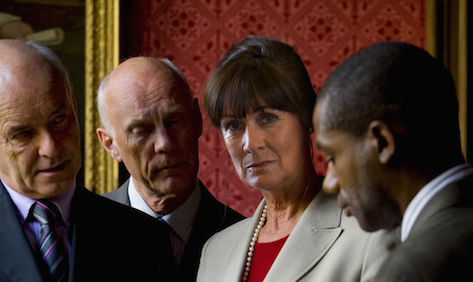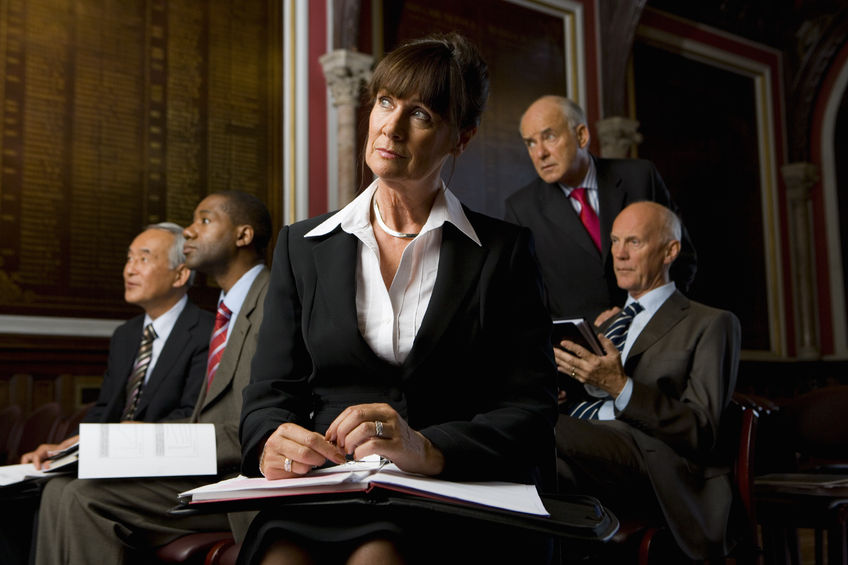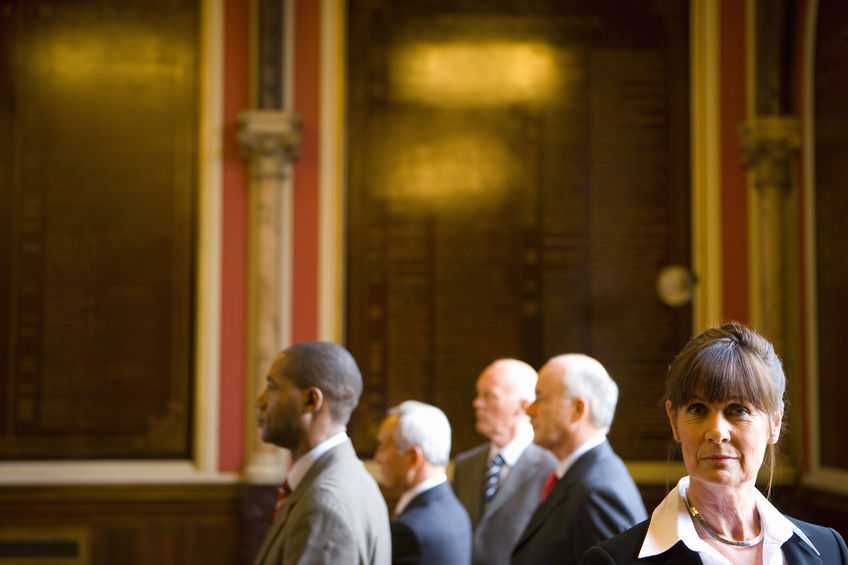
by Lynn Lipinski | Feb 20, 2019 | Flash Fiction Friday
“Nanga Parbat. It’s one of the tallest mountains in the world at 26,000 feet,” Brooks said, his voice rising in pitch and in speed as he told me about the book on the Himalayas he was reading. “But it’s the sherpas that really get me....

by Lynn Lipinski | Aug 21, 2015 | Flash Fiction Friday
My wristwatch was stuck at half past two, even though the morning sun indicated otherwise. Most people would get a battery, reset the time and move on with their day. But I had old superstitions rattling around in my head, a legacy of my Nana’s myriad household...

by Lynn Lipinski | Jul 24, 2015 | Flash Fiction Friday
Robin slid limply down the side of the turbine until she could feel the cold tile floor through the seat of her pants. His fall played on repeat in her head. He was just a man, blood and flesh and bones like all of us, the power he held completely vanished —...

by Lynn Lipinski | Jul 17, 2015 | Flash Fiction Friday
You can read Part 1 here. The bus carrying the VIP entourage of commissioners was king of the parking lot, tall enough to let its passengers look down their noses at lowly cars and trucks driving alongside. It pulled up outside the power plant with a low rumble...

by Lynn Lipinski | Jul 10, 2015 | Flash Fiction Friday, Writing
The first time it happened she was at the laundromat. Then there was another occasion, a few weeks later, while pushing her cart at the supermarket. Initially it was terrifying, but now it happened nearly every day and Robin was starting to like it. It was certainly...

by Lynn Lipinski | Jun 2, 2015 | Flash Fiction Friday
Editor’s note: you can read Part 4 here. He knew as he walked to the waiting room with Melly that he couldn’t leave. He texted Ray that he was tied up, then slumped into a chair like a man knocked down by a haymaker punch he never saw coming. His mind played...







